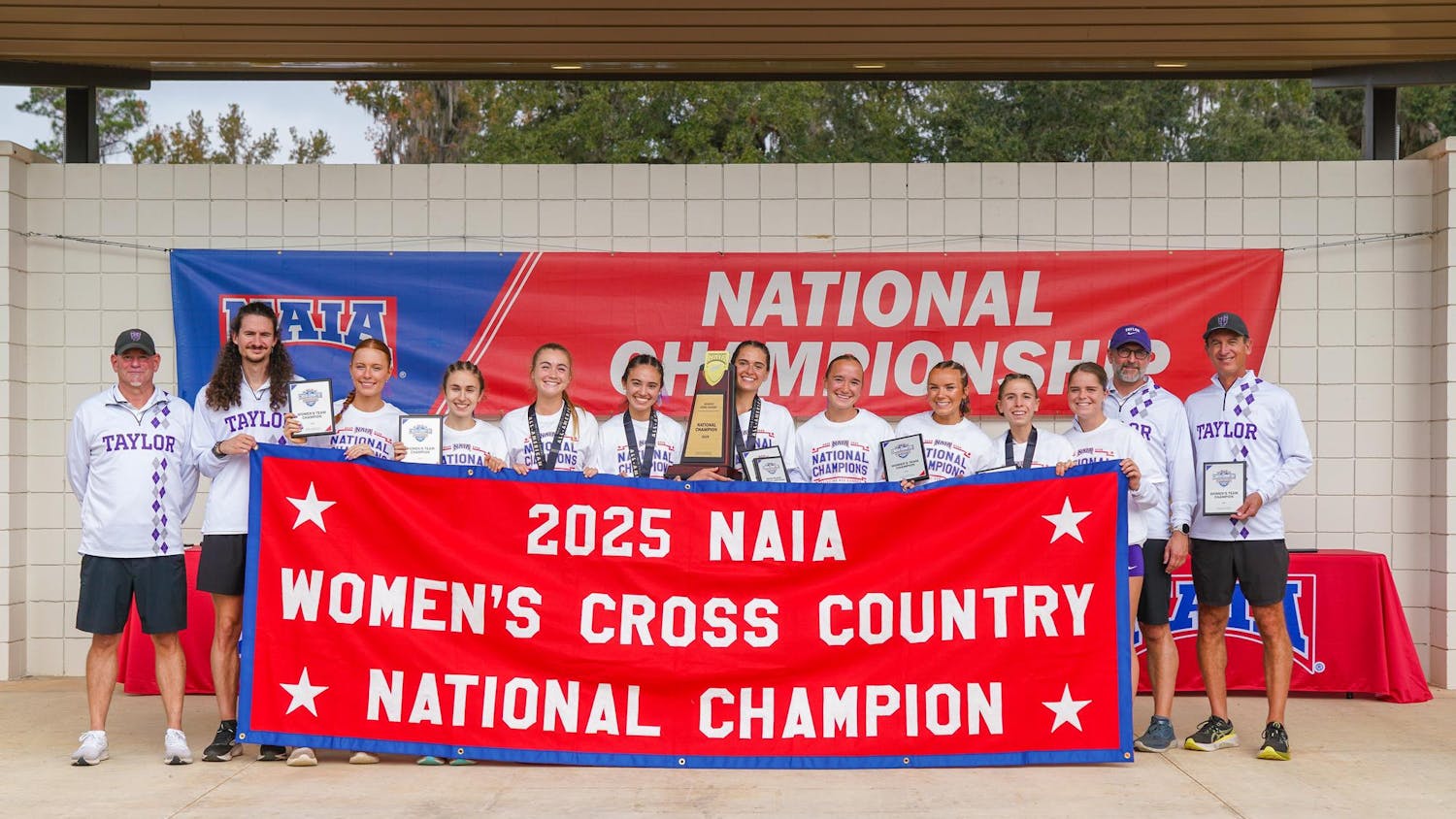By Tim Pietz | Contributor
I am a white male. Growing up, I lived in several different states, but each place was basically a suburban white middle-class neighborhood. I was homeschooled, which, for all its benefits, limited my understanding of mainstream culture. I always knew racism was wrong. I never understood racial tensions, because I myself never knowingly met a racist.
Last year's events included my freshman year at Taylor, the continued rise of Black Lives Matter and the 2016 presidential election. This summer was Charlottesville. Over the past year, I've heard more about racial tensions than I'd ever heard before. And it was hard. It is hard.
Hearing the pain, frustration and anger of so many people and feeling that I was the object of those emotions made me experience white guilt like I'd never experienced it before. Part of me was eager to understand others, but part of me felt very hurt. I haven't done these things. Why am I being blamed for what others have done?
After these initial experiences, I've had time to think, but that doesn't mean I understand. If I say anything in this article that is naive or insensitive, forgive me. Sometimes, you have to ask some stupid questions before you find the right answer.
My question is, "how?" Knowing of the conflict, how do I live my everyday life in a way that brings racial reconciliation? I've heard chapel messages that decried racist evils, but I've heard very little that specified solutions. So many don'ts and so few do's.
It's like having a wound with a dirty old bandage. We need to go through the pain and ugliness of removing the old before we replace it with the new. It just feels like the old bandage has never been replaced, and all we're doing is staring at the wound.
What should I be doing to heal it? I don't know.
I feel powerless. Do black people want me as a friend? Why do all the black people sit together? I cannot join. I am not one of them.
I'm learning that black people have a separate subculture and a distinct identity. They have a pride in their heritage and their culture they do not want to give up. Is that why they hold back?
I've been naive, honestly. I thought we were in a melting pot, but we're more like a tossed salad. Still, whether we're a melting pot or a salad, shouldn't we ingredients work together?
Are we not united in Christ? Can't we come together and learn to love each other, just as Jews and Gentiles did in the early church? There were wounds there too.
What should we do with our wound? White people may be cautious about removing the old bandage, but we shouldn't ignore the wound, leaving it to fester. Black people may be eager to remove the old bandage, but we shouldn't prod the wound, deepening its scar. It's hard to apologize for something so immense. It's hard to forgive something that will never be forgotten. Somehow, we must.
How can we heal? The only answer I know is to ask more questions.




